通り and せっかく: A metaphorical road and an untranslatable word.
こんにちは, and welcome to 令和三年 (2021).
Under two years ago (the video is from 2021) the Reiwa era began (2019)
with an upsurge of hope for a wonderful new era.
And then came Reiwa 2 (2020), which quickly turned out
to be something of a disastrous year.
It was going to be the year of the Tokyo Olympics,
and we all know what happened to that.
But I still believe that Reiwa is going to be a wonderful new era
and perhaps 令和三年 will start to show us that.
Today we’re going to talk about two words
that I’ve been asked about recently.
通り
The first is 通り in its attachment to other words.
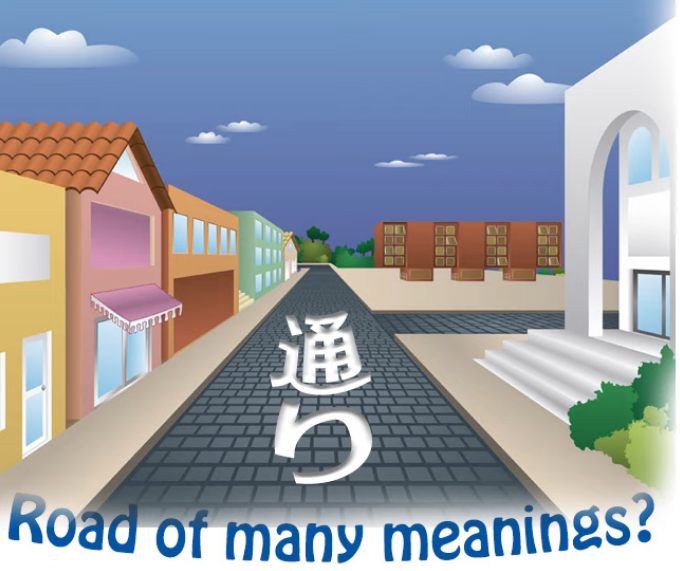
通り of course, on its own, is the い-stem of 通る (pass through).
And as a noun, it means a road or a way, or the act of passing through.
その通り
It then gets used in expressions like その通り
and what this means literally is that road, or that way of travelling, that way of passing through.
And what this actually means is that’s right / you’re absolutely right.

How does it come to mean that?
Well, it’s really saying that the way you’re thinking,
the road, the track, the passage along which
you’re thinking, is the correct one: その通り.
A little bit similar in English to saying you’re on the right track,
except that you’re on the right track in English
would imply that you’re not quite there yet,
but その通り means you’re thinking along exactly the right lines,
you’re there, you’ve got it, you’re right.
ごらんの通り / ご覧の通り
Another expression that uses 通り is ごらんの通り.
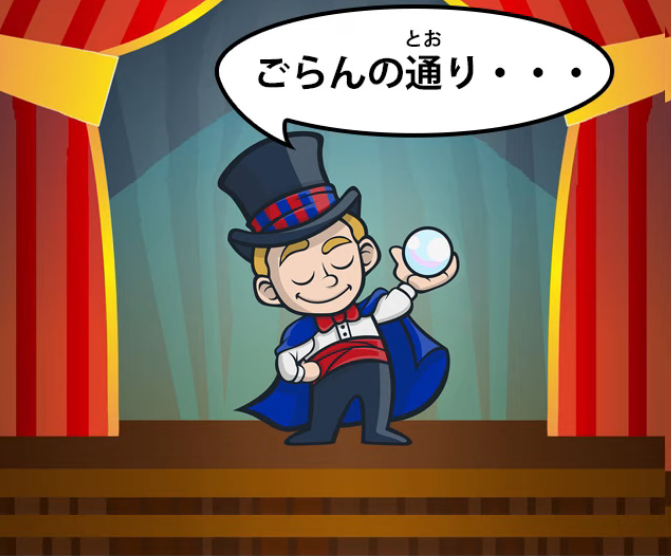
Now, ごらん when it’s written in kanji is written like this.
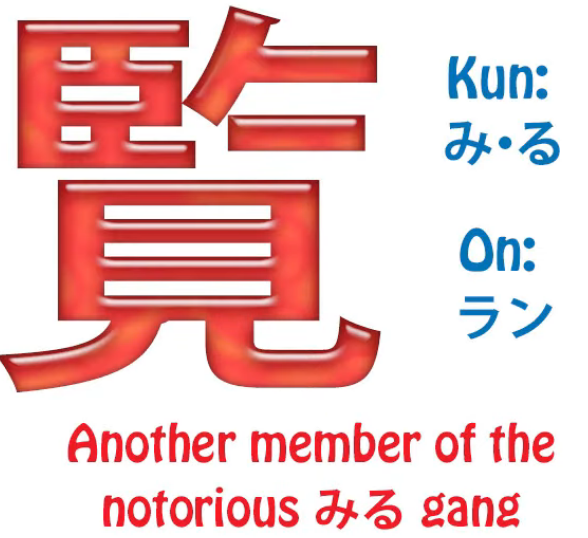
::: info
御覧 is the full Kanji version of ごらん, even with the ご honorific in Kanji form, but overusing Kanji for everything is not that viable either, but it depends on the words and usage.
:::
So you can see the ご is honorific;
the 覧 is actually another way of writing the word 見る.
Now, I did a video a little while ago on the word 見る (see or look or watch)
and five different kanji with which it can be written.
見る, 観る, 看る, 診る, 視る
And I said at the time there are in fact more.
I didn’t introduce them because they’re not all that common,
and this one (覧る) isn’t a common way of writing 見る either.
But with its on-reading らん it is used, and
ごらん / ご覧 is an honorific way of saying the act of looking or seeing.
So ご覧の通り, rather like その通り, means
as you can see / along the lines of your seeing is correct,
just as along the lines of your saying or thinking is correct.
ご覧の通り (as you can see).
思い通り
Another 通り expression is おもいどおり / 思い通り.

Now, here of course we’re using the い-stem of 思う,
which gets translated as think in English
but actually means more than that, it means feel.
But 思い often also means one’s will, one’s desire,
and I mentioned this in a previous video (Lesson 42)
when I was explaining how 思いのまま means
in the unchanged condition of one’s will or desire.
And I’ll put a link for that in case you’re interested in following it up.
思い通り means in the road, the track, the course of one’s will or desire,
so it means having things go or wanting things to go in accordance
with one’s will / in accordance with one’s wishes.
And that can be anything from selfish desire to,
when you’re in the water perhaps, wanting
your body to move in the way that you want it to move,
which it doesn’t always do when you’re in the water.
せっかく
Now, the other word that I’ve been asked about is せっかく.
Now, せっかく has a whole range of definitions
if you look in the dictionary.
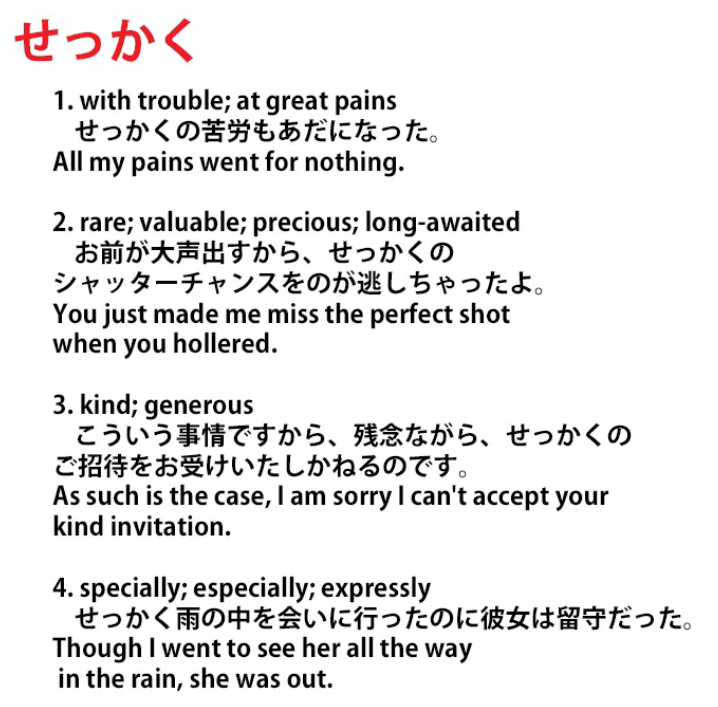
It’s defined as “with trouble, great pains; rare, valuable, precious,
long-awaited; kind, generous; specially, expressly”,
which is rather a lot of things for one word to mean.
But essentially they all come down to the same thing,
which is the notion that something is valuable and in some sense irreplaceable.
せっかく as do x with great effort / trouble and is too precious to replace
Now, probably the most common implication is
that great trouble has been spent on it.
So if we say せっかくの努力が水の泡だ,
we’re saying My せっかく efforts have come to nothing,
literally …are foam on the water / bubbles on the water.
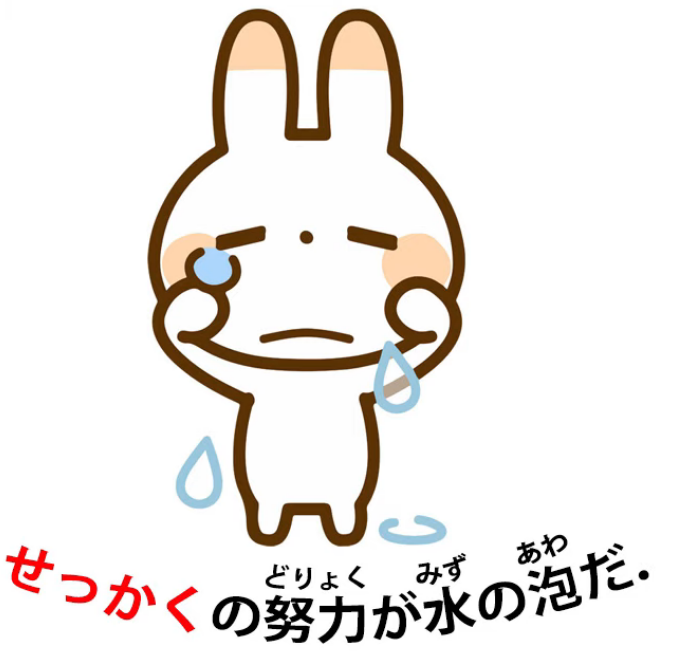
So we can see that obviously as the most common usage,
the usage people probably think of most often,
which is with great effort / with great trouble / having taken the effort (to do something).
We might say せっかく東京に来た, we ought to go to Sanrio Puroland,
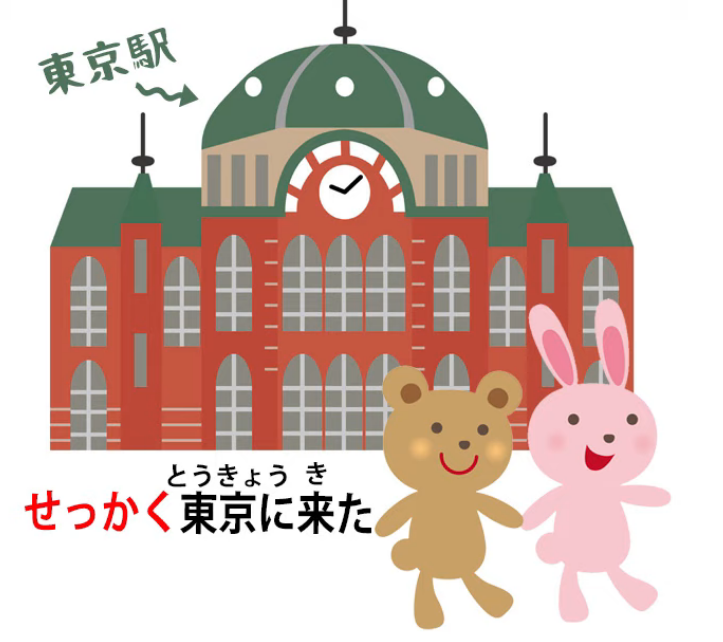
because if you’ve taken the trouble to go all the way to Tokyo,
it’s a bit of a waste of time if you don’t get to Sanrio Puroland
and see Hello Kitty and My Melody and Pom Pom Purin
and all the wonderful people that live there, the Little Twin Stars.
If you ever せっかく get to Tokyo, you really must go there.
But back to the subject in hand.
However, the point about せっかく is not just
the trouble that might have been taken,
it is the fact that something is rare and precious and difficult to replace.
Going to Tokyo is difficult to replace because once you’ve left
you’ve got to take all the trouble to go back there again.
But you might also say せっかくの休日も雨で潰れた
(The せっかく day of rest / holiday was ruined by rain).

And that’s せっかく because it’s relatively rare.
You don’t get that many days off.
So just like going all the way to Tokyo or taking all those efforts to do something,
it’s せっかく, it’s precious, it’s rare, it’s hard to replace.
あの広告がせっかくの風景を損なう
(those advertisements / those billboards ruin the せっかく scenery).
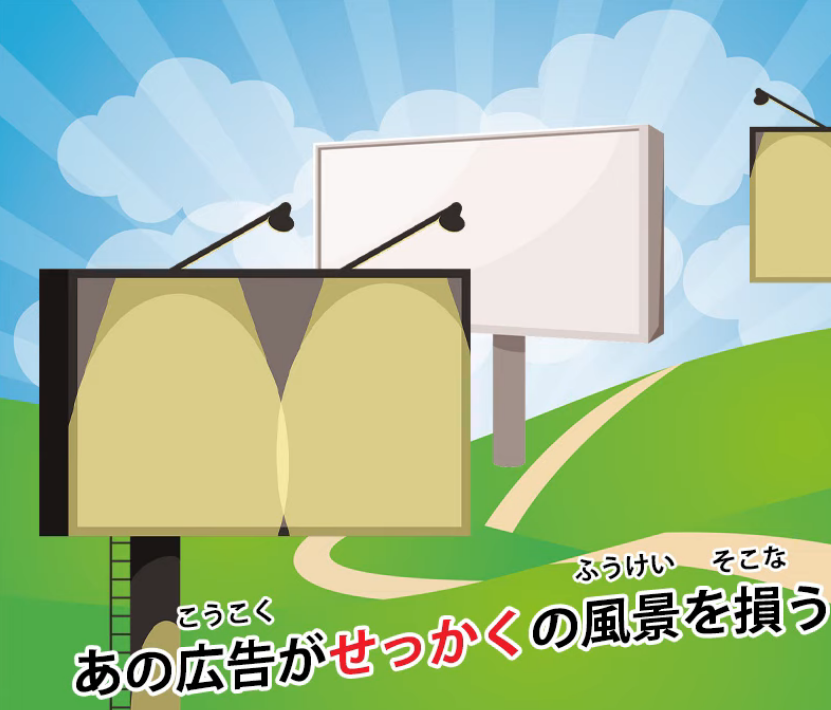
And again, せっかく in this case doesn’t mean hard work,
it doesn’t mean rarity in the sense of not coming very often,
it just means that that scenery is something beautiful and unique
and irreplaceable and it’s being ruined by the billboards.
And there isn’t really a word to replace せっかく in English.
It’s a word that I would say is in some ways influenced by Japanese culture.
The idea of the preciousness of the sakura (tree) because
it only comes for a short time and it’s quickly
blown away by the winds or beaten down by the rain.
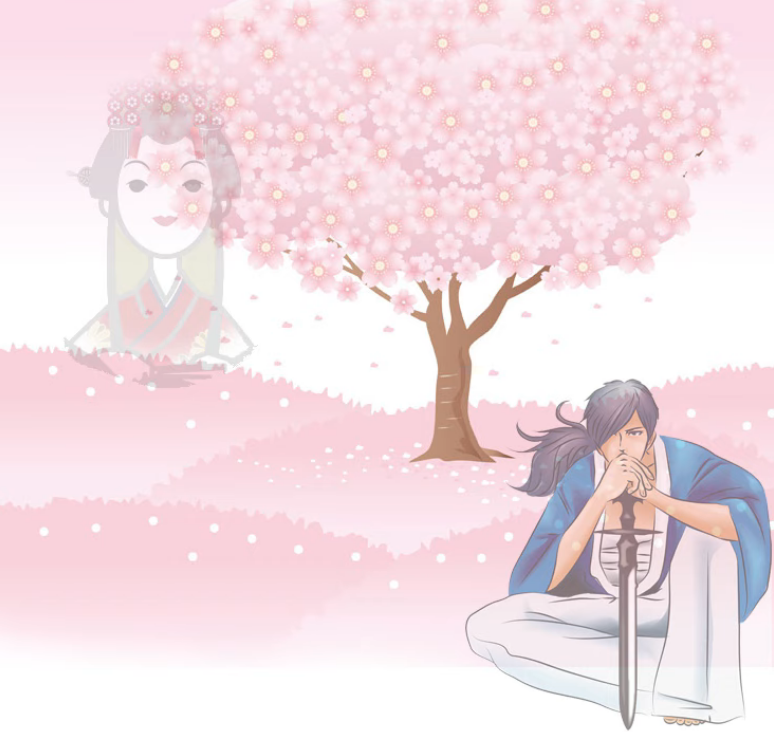
The sadness, the fleetingness, the 儚い nature of life
and the necessity to grasp what is rare and precious
as it passes, while we can.
::: info This hits quite differently when we realise Dolly passed away that year… R.I.P. 🙁 ::: .